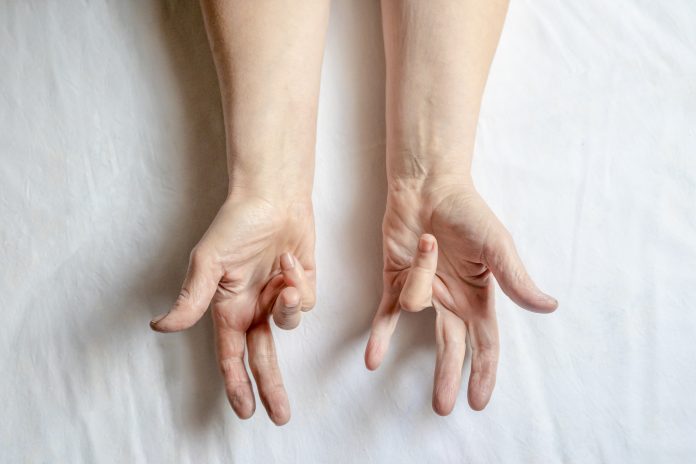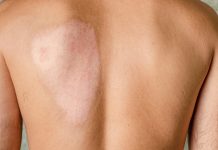A clinical trial at Oxford University has found that a drug used for rheumatoid arthritis can reverse Dupuytren’s disease, if taken early on
A research team at the Kennedy Institute, University of Oxford, led by Professor Jagdeep Nanchahal have proven that he anti-TNF drug adalimumab is effective in treating patients with early stage Dupuytren’s disease.
The development is nothing short of a breakthrough: Dupuytren’s disease is a common and incurable disease that causes hand deformities and so news of possible treatment is very welcome news within the medical community.
Once the anti-TNF drug adalimumab is injected into Dupuytren’s disease nodules it is effective in reducing nodule hardness and nodule size.
Jagdeep Nanchahal, Oxford Professor of Hand, Plastic and Reconstructive Surgery explained: “This phase 2b trial represents the clinical translation of our laboratory findings, where we identified TNF as a potential therapeutic target followed by a phase 2a dose ranging trial which showed that the highly concentrated formulation injected directly into the diseased tissues was effective in downregulating myofibroblasts, the cells responsible for fibrosis.
“We are very keen to pursue this. This is a very safe drug and it’s important patients can access a treatment if it’s likely to be effective.”
Dupuytren’s disease is a common hand condition, affecting ~5% of the UK
Dupuytren’s disease is a common condition of the hand affecting about five million people in the UK, half of whom have early stage progressive disease. This equates to roughly 5% of the UK population.
The genetic disease causes the fingers to curl irreversibly into the palm, which can be extremely disabling. Currently there is no treatment and patients have to wait until the condition deteriorates before they can receive surgery, which can be extremely painful and debilitating.
“The problem for patients with bent fingers is they interfere with daily living: putting your hand in your pocket because it catches, putting gloves on, and it can be hard to use a keyboard, and even drive,” Nanchahal said.
SSgt Richard Thomson has been affected by the disease and had an operation on his hand earlier this month.
He has found that Dupuytren’s disease is a “common illness within the armed forces.”
As well as undergoing multiple painful surgeries and narrowly avoiding amputation, SSgt Thomson discusses how the operation has impacted his job. He has been unable to perform all of his usual duties within the armed forces and will have to undergo a minimum of six-12 weeks of physiotherapy.
SSgt Thomson said: “The drug will be beneficial for many reasons, it will avoid the need for surgery and reduce the time individuals need off work.”
Is it really a Viking disease?
Dupuytren’s disease is sometimes called Viking disease. Whilst it is true that the disease is largely genetic and more common in people with northern European ancestry, it is not scientifically proven that it is a Viking disease.
The hand condition is named after the French surgeon Baron Dupuytren, who suffered from permanently retracted fingers as a result of the disease.
The Viking disease often runs in families but it is not clear what causes it. We know that men are eight times more likely to develop Dupuytren’s than women and it has also been linked to alcohol and tobacco use, diabetes and age but there are still many more questions to be answered.








